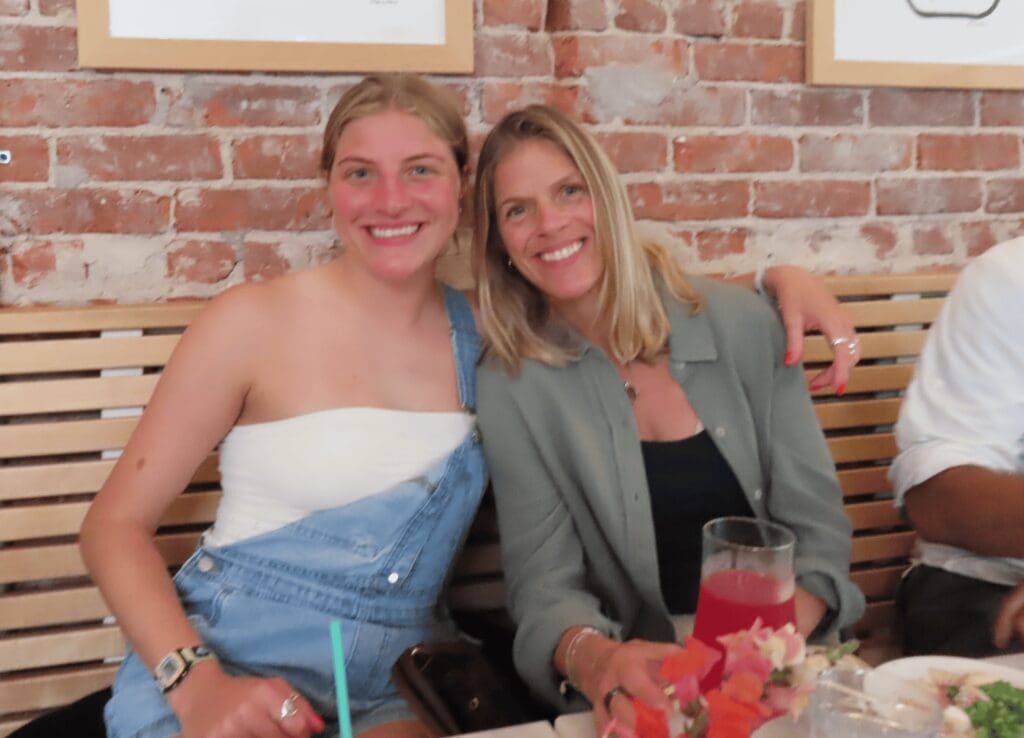Grief is a normal response to profound loss. When the connection to a loved one is severed, whether through abandonment or death, the psyche undergoes a trauma that can take a long time to begin to mend. Many factors affect the course of any journey through grief. For example, was the loss sudden or expected? Is it the first such major loss in a person’s life? Is there a support system in place to help the person navigate through grief? Is an underlying mood disorder complicating the situation? Are there unresolved feelings about the loss that need to be worked through?
The symptoms of grief are very similar to the symptoms of a major depressive episode. One experiences a depressed mood, difficulty sleeping, loss of appetite, guilt, anxiety and sometimes even suicidality. Suicidal thoughts can often focus on a desire to reunite with a loved one who has died. Or in some instances, the suicidal thoughts stem from a loss of hope that the future has anything “good” to offer. All these symptoms are normal when a person is suffering from grief.
Grief usually lessens with the passage of time and with ample emotional support. But it does tend to take a longer span of time than we are comfortable within our culture. It is very common for someone who is grieving and in psychotherapy to report that “my family and friends think I should be over this by now.” It is often difficult for loved ones to tolerate the protracted nature of grief, which can persist for many months if not years.
Sometimes the process of grieving can “stall” and not resolve itself on its own. Psychotherapists call this “pathological grief.” In these instances, rather than the person feeling better, slowly over time, he or she feels more and more depressed and less able to engage in life. Several factors can cause grief to stall in this way. Sometimes a pre-existing, underlying mood disorder catapults the grieving person into an extended period of depression. Sometimes after the death of a loved one, a person can become preoccupied with suicide and fantasies of reuniting with the deceased. If these feelings are short-lived, they can be a normal part of grief, but if they become more intense and involve concrete planning, then the person is at risk and professional help becomes essential.
Quite often, a person can get stuck in a grief reaction when he or she has unresolved anger towards the lost loved one. That anger can produce intense guilt, which further complicates healing. Sometimes this anger or resentment can be subconscious or is denied by the person. A clinical example might be helpful here:
A 21-year-old man loses his mother to breast cancer. He is just finishing college. He was extremely close to his mother, whom he describes as “doting,” “loving,” and “always aware of my needs before I knew what they were myself.” Following the death, this young man becomes quite depressed and less able to engage in life. After two years, the depression is no better and, in fact, he is withdrawing from relationships and activities more and more. He is working far below his capacity professionally. He develops a significant sleep disturbance and begins to drink himself to sleep at night. He has periodic suicidal thoughts which focus on being reunited with his mother. During treatment he becomes aware that his mother was more than just “doting” while he was growing up; that, in fact, she was quite intrusive….. for example, friending his friends on social media, becoming jealous of the time he spent with peers and acting very judgmental towards his love interests. His mother’s behavior made him angrier than he realized at the time. When she died, he was filled with longing for his mother and experienced what began as healthy, normal grief. But as his grief grew, prolonged and intensified over a couple years, it became clear through therapy that a part of him felt “freed up” by his mother’s death. He found this feeling so abhorrent in himself, and it produced overwhelming guilt. Feeling in any way “good” following her death felt unacceptable and so his grief could not be resolved.
No specific length of time is “normal” for grief to persist. More important is the trajectory of the emotional aftermath. While grief ebbs and flows, the overall trend should be towards healing and a lessening of depressive symptoms. Reaching out for support following a major loss makes a big difference. Sometimes it is enough to seek out a good friend, or one of the many different types of grief support groups. For some people, and particularly when depressive symptoms do not improve and even worsen, professional help can be very beneficial. And in instances such as the above example, in which there are unresolved feelings towards the person who has left or died, psychotherapy can be essential in assisting the person to truly move on with life.
At the Counseling Center of Westchester, we can provide you with the guidance and support you need to wrestle with painful or confusing feelings surrounding your grief.


